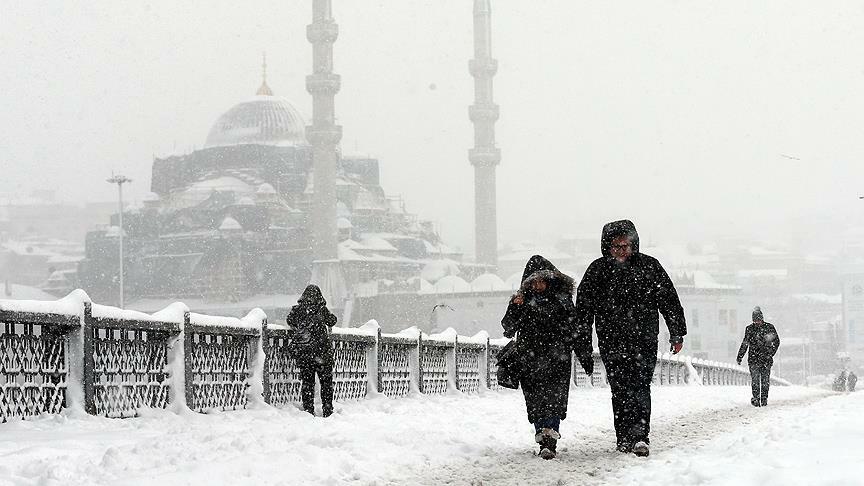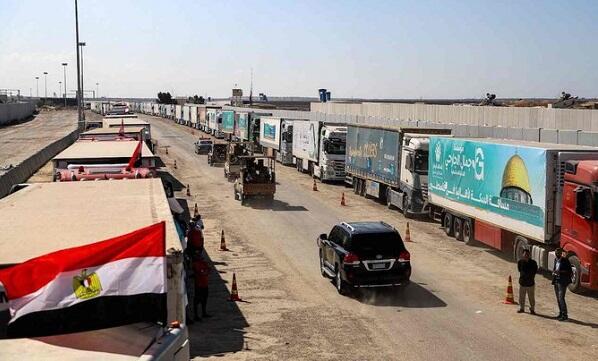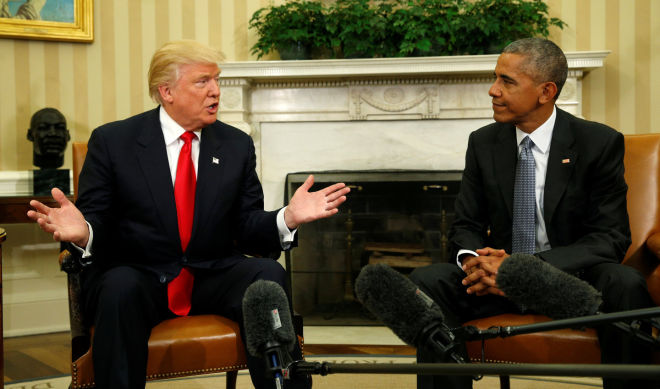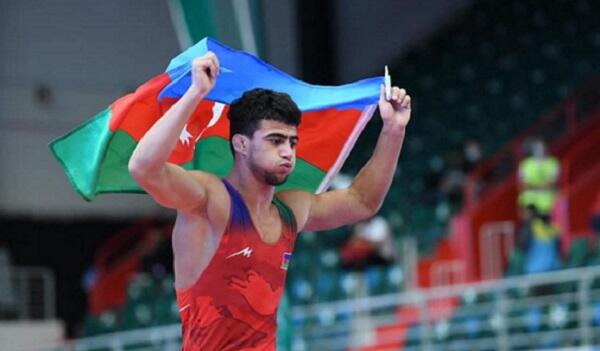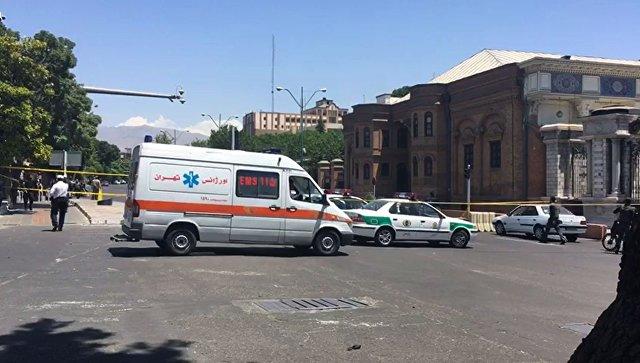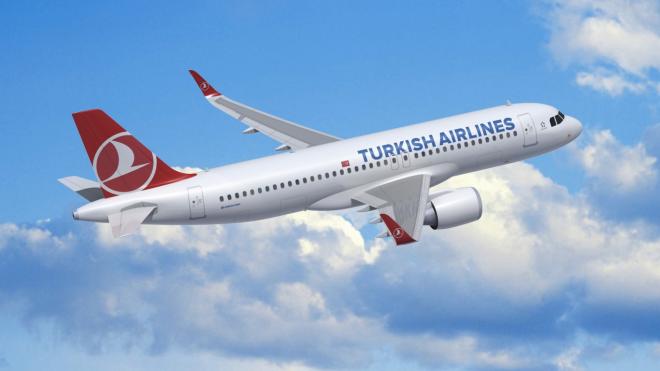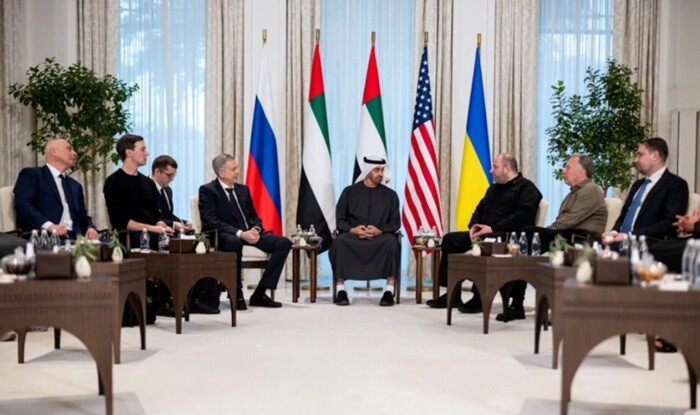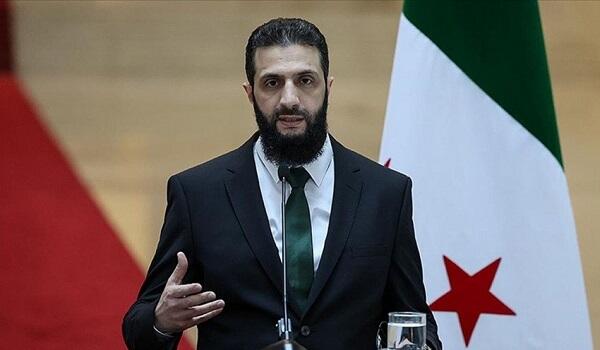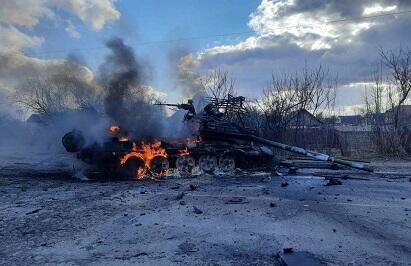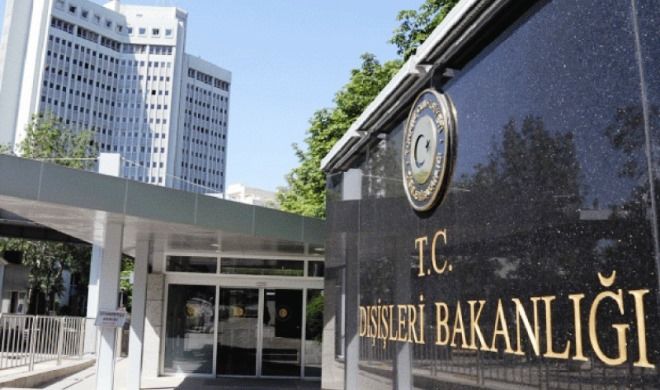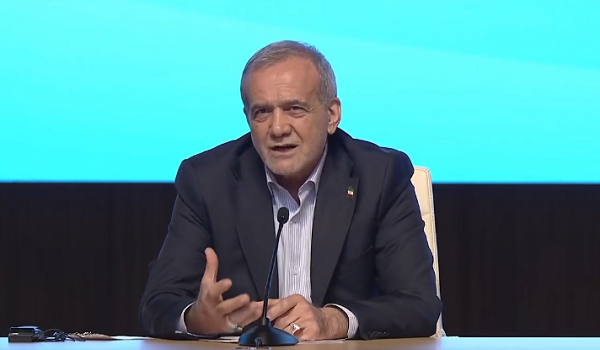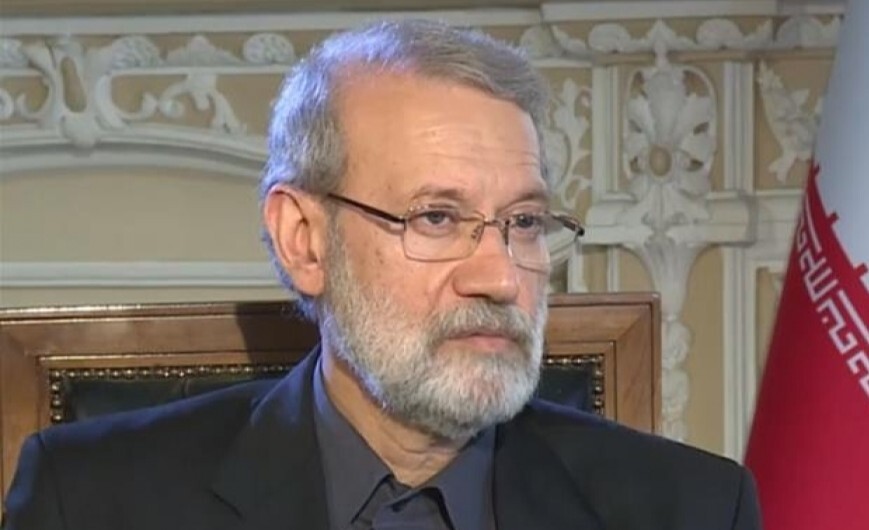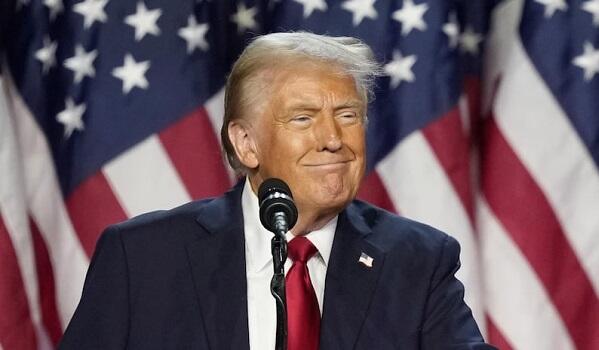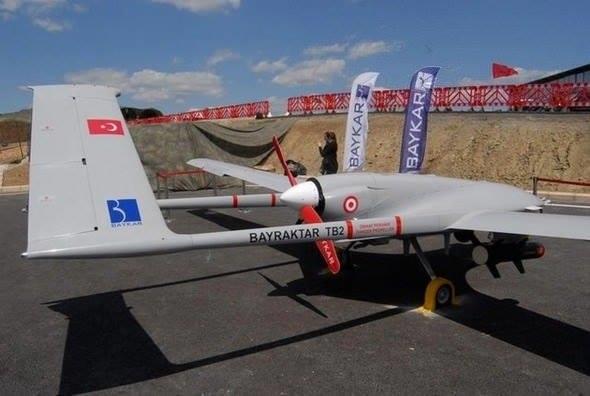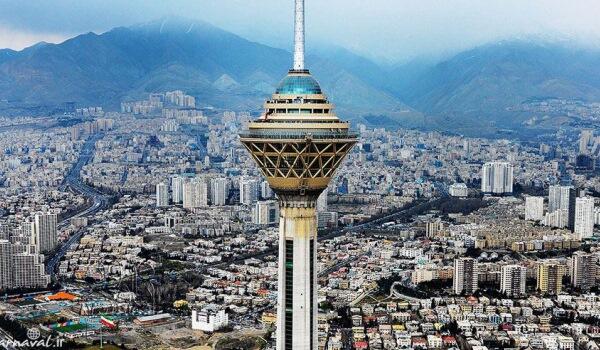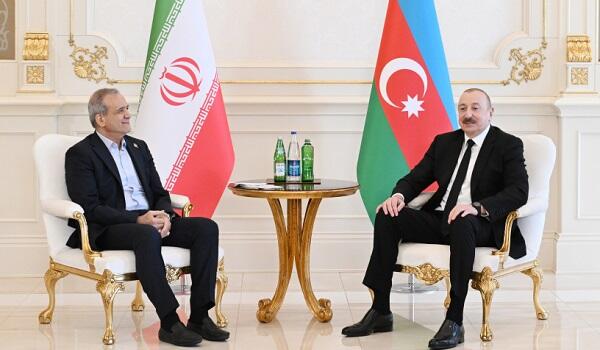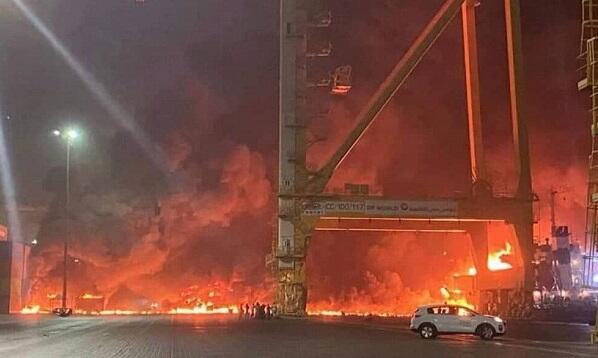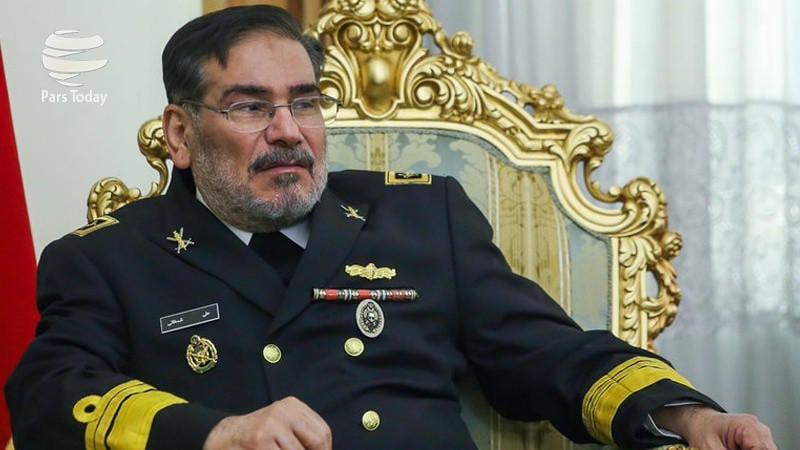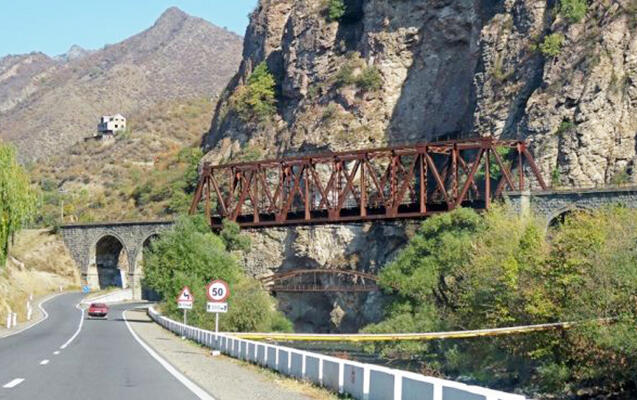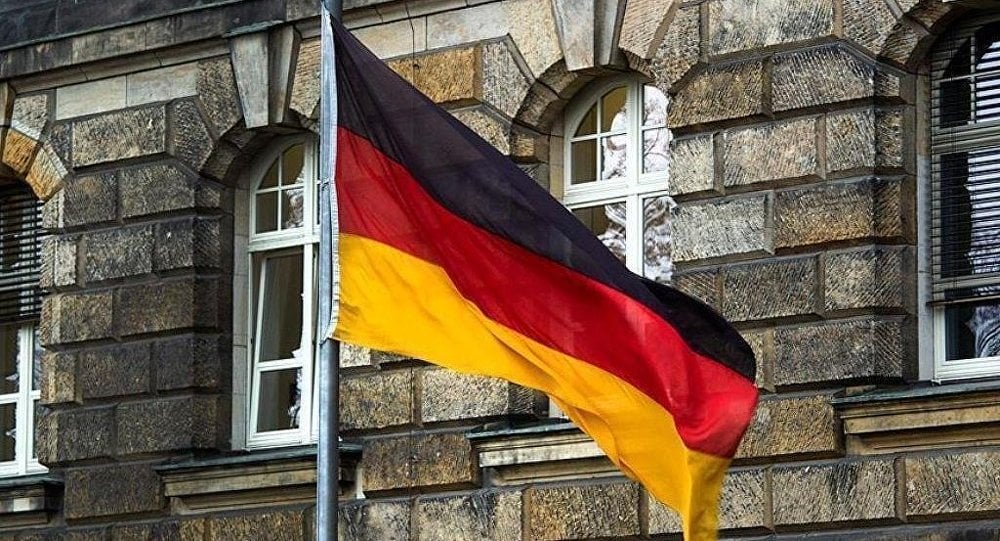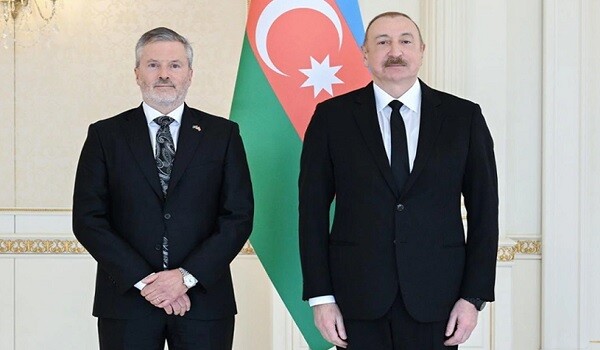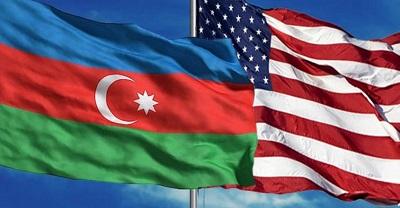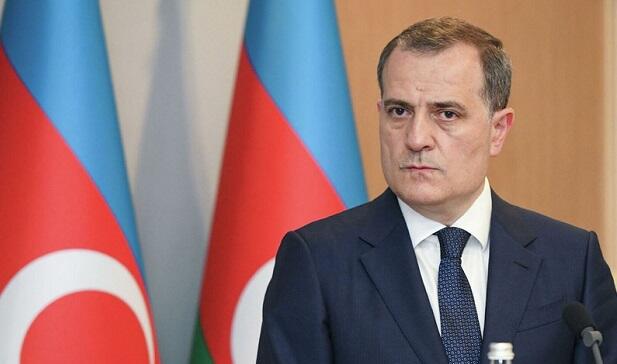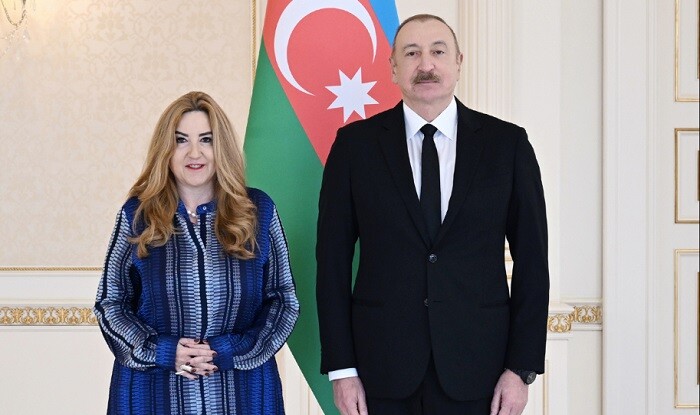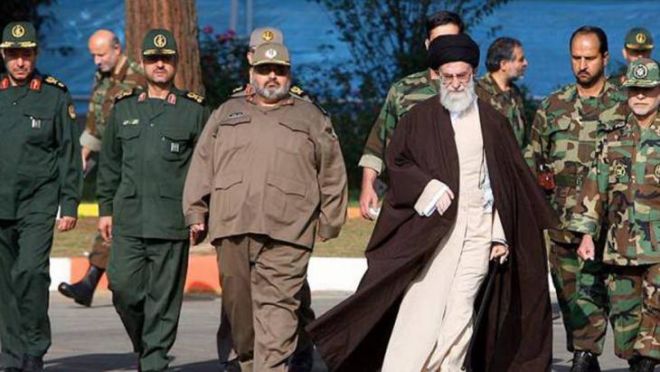Axar.az presents the article "Russia's red lines on Nagorno-Karabakh work out in Azerbaijan's favour" by Andrew Korybko:
"Russia recently made it clear that it won't launch a conventional military intervention in Armenia's support unless fighting in the universally acknowledged Azerbaijani region of Nagorno-Karabakh and the seven surrounding districts under Armenian occupation spills over into that landlocked country. This stance was expressed in response to Armenia publicly floating the possibility of requesting Russia's military assistance through the CSTO military bloc that they're both a part of. In addition, the reported Russian outpost built in the Armenian border village of Tegh near the strategic Lachin Corridor is thought to serve as a tripwire to this end.
These red lines work out in Azerbaijan's favour since Baku has no interest in expanding the scope of its military operations to include Armenia's internationally recognized territory. It would arguably have the right to preemptively strike military targets there that are preparing for an imminent attack against its forces as well as respond to those that have already committed war crimes against Azerbaijani citizens from Armenian territory under Article 51 of the UN Charter in reference to self-defence. That said, Azerbaijan has exercised enormous restraint and patience in declining to do so as of now, knowing that this would be exploited by Armenia.
Although the Nagorno-Karabakh Continuation War is being fought on Azerbaijani land, the conflict's dynamics concern the security interests of key regional stakeholders such as Russia and Turkey. The worst-case scenario that many observers earlier warned about is those two Great Powers coming to blows in the South Caucasus if the war expands into Armenia. It's for that reason why Russia and Turkey remain in close contact with one another in order to avert that possibility, as well as why Azerbaijan has declined to exercise its UN-enshrined right to preemptively thwart attacks coming from Armenia or respond to those that already occurred.
Russia's position tacitly supports Azerbaijan's peace enforcement mission aimed at implementing the four UNSC Resolutions on the matter that political means had hitherto failed to achieve. This observation suggests that Russia is pragmatically adapting to the new reality that President Aliyev brought about after he ordered his country's ongoing counteroffensive in response to Armenia's illegal campaign of aggression against his nation in late September. It can therefore be said that Russian diplomats acknowledge the legal merits of Azerbaijan's operation, which confirms that Moscow is complying with international legal norms on the matter.
It also shows that Russia is truly capable of independently formulating its foreign policy in advance of what it regards as its national interests despite extremely intense efforts by the Armenian diaspora lobby in Moscow to drag the country into the conflict. This speaks to the Russian leadership's maturity and responsibility as a Great Power, which in turn improves its international reputation. Had Russia reacted differently such as by capitulating to the pressure of the Armenian lobby, then the consequences could have been catastrophic and questions would have swirled about whether the country is really capable of independently formulating policy.
Instead, Russia's recent reaffirmation of its red lines regarding the Nagorno-Karabakh Continuation War actually helps stabilize the situation by sending the powerful message to Armenia that it must stop trying to meddle in its political affairs by attempting to drag it into the conflict. Those efforts aren't appreciated by Russian decision-makers, who seemingly regard them as a dangerous manipulation of those two countries' historic partnership. Armenia would therefore do well to cease all of its influence operations in Russia, immediately stop its campaign of aggression against Azerbaijan, and return to the peace process as soon as possible.
Failing to do so will only worsen Armenia's own self-inflicted suffering. Its military forces are being decimated, the country has been in a state of martial law for over a month already, and its people are being pushed to the brink both psychologically and economically. Armenia cannot win this war without Russian support, but Moscow won't ride to Yerevan's rescue like Prime Minister Pashinyan hoped would happen. It's therefore in the best interests of all that Armenia surrenders in order to avert an even worse domestic disaster."
